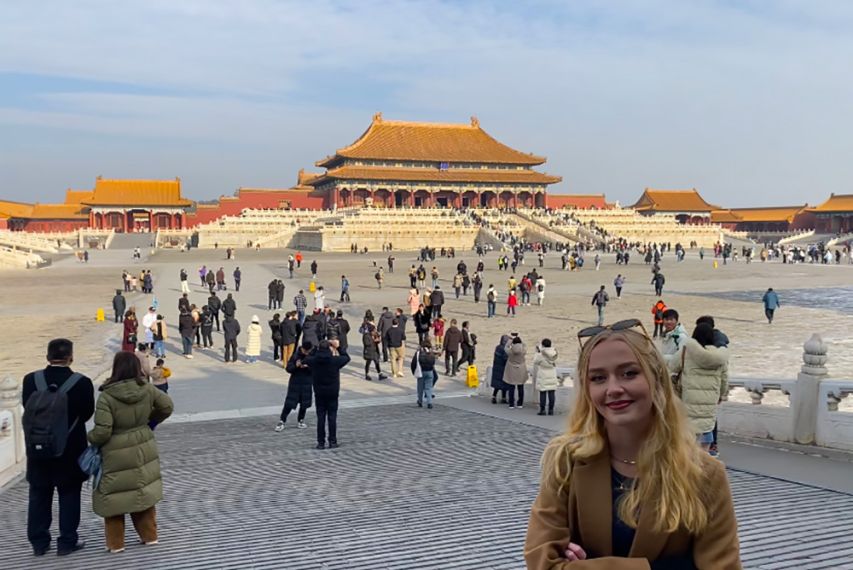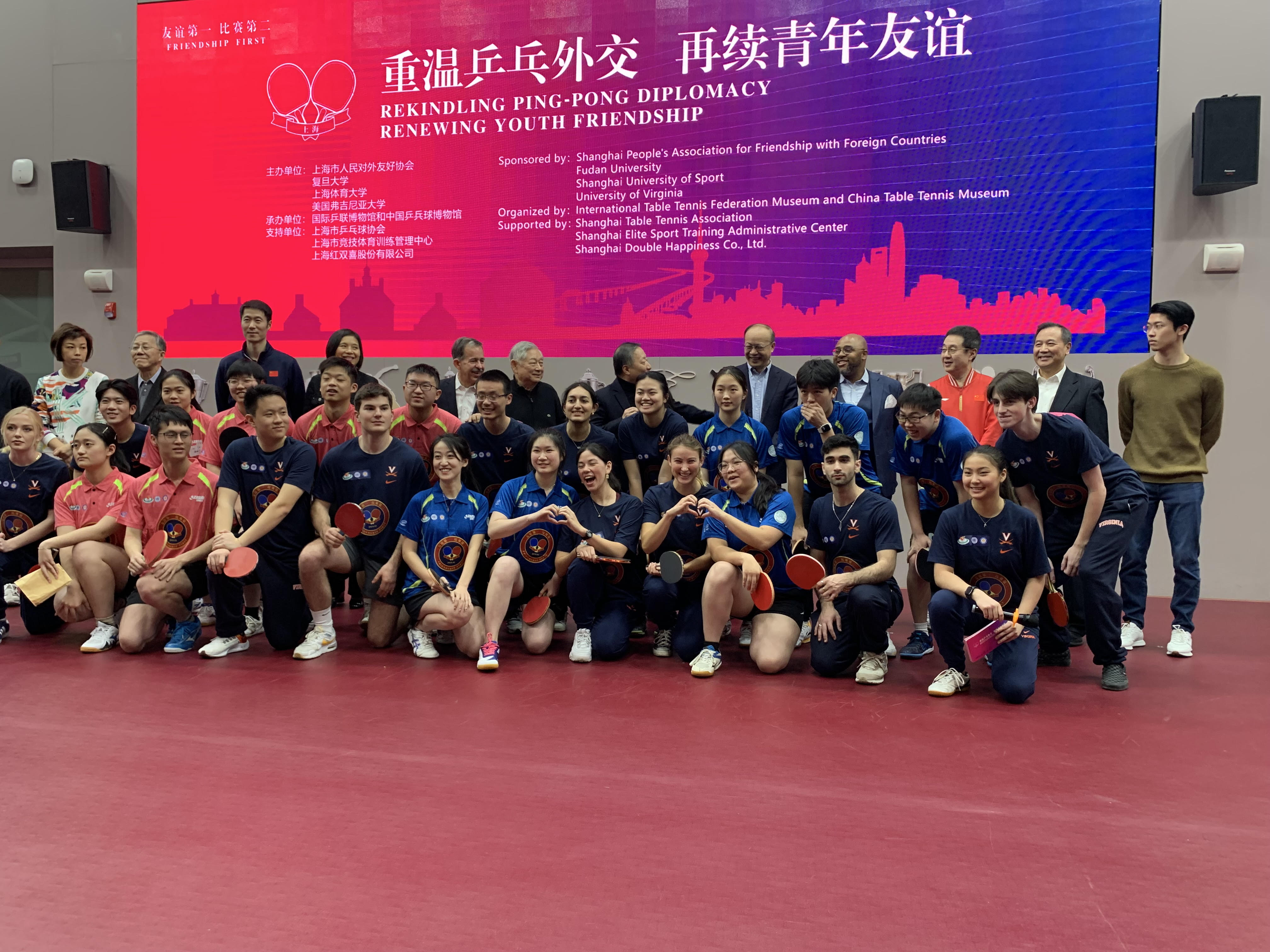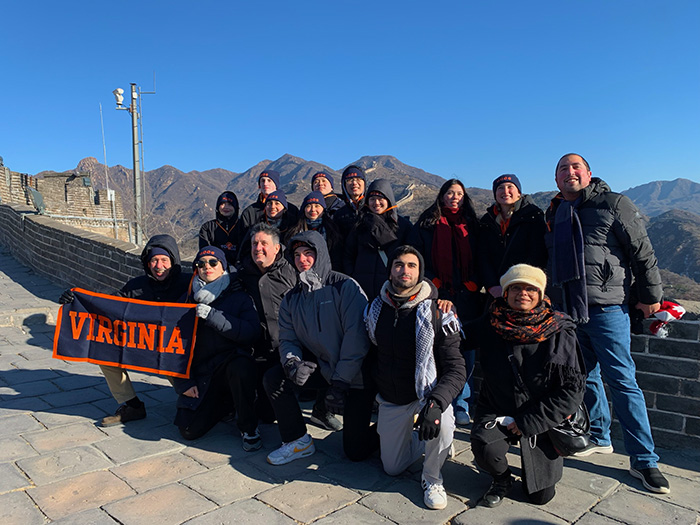This J-term course marked a new return to China after a three-year COVID-19 hiatus. It became one of the most highly publicized, Sino-American, people-to-people engagements in recent years. Our unconventional J-term included media coverage, engaging sessions with academics and officials, and culinary delights across Hong Kong, Beijing, and Shanghai.
This opportunity was realized through a bilateral U.S.-China initiative, a continuation of the November 2023 meeting between President Xi Jinping and President Joe Biden, aiming to strengthen people-to-people exchanges.
The dynamic nature of U.S.-China relations resembles a muscle, alternating between atrophy during downturns and gaining strength through increased people-to-people exchange. Seeking to enhance this "muscle memory," the UVA students aimed to encourage studying abroad and influence more Americans to engage with China.
People-to-people exchanges serve as the bedrock for higher levels of diplomacy. These micro-exchanges demonstrate political bandwidth, societal willingness, and understanding, crucial in alleviating misunderstandings and mistrust. It strengthens the muscle to take on heavier lifting. While not a panacea for international conflicts, such exchanges represent the vital first step towards fostering common understanding. And friendship is enhanced through understanding.
What is significant about ping pong itself is its ability to bring people together. Unlike many other sports, ping pong lends itself to conversation because of the proximity and dynamic of players. It is a game anyone can enjoy. Sports diplomacy has the unique ability to mollify relations, occasionally surpassing the ability of traditional diplomatic channels.
Encouraging the breakdown of cultural and political barriers is crucial. Rather than erecting artificial obstacles, taking the higher road involves building bridges through common ground, such as playing ping pong. Moreover, ping pong is played on a rules-based system, in good faith and common understanding.






